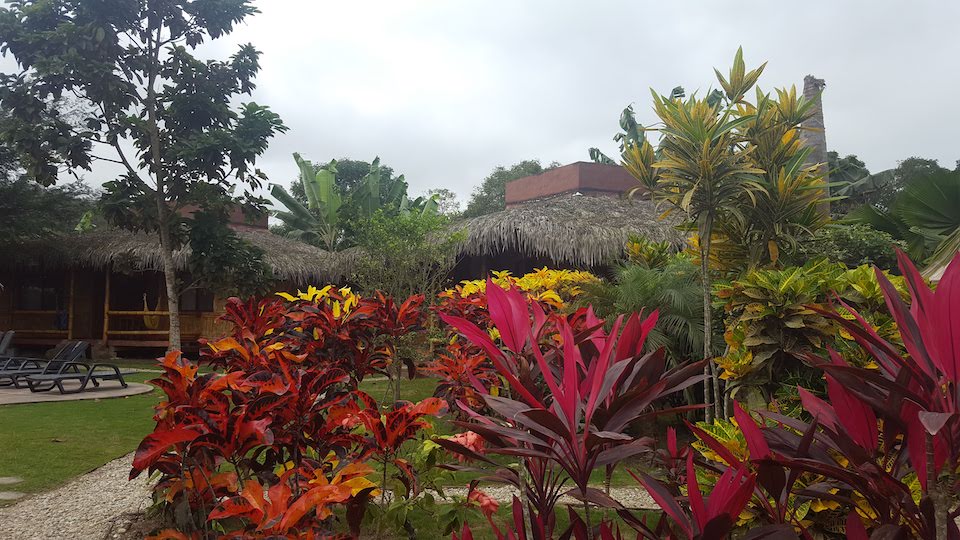
Back Pocket Skills for a New Travel Lifestyle
There were many responses to our announcement that we were packing in corporate life to sail and travel for the next two or three years. Some were expressions of concern about our safety and often a keener interest in the things that could go wrong rather than the world of opportunity that was opening up to us. There was also interest and, in some instances, incredulity that we were able to give up our jobs and not be bound by conventional financial responsibility.
During the last few months before we left Dubai, I was particularly busy with consultancy projects and was often asked if I would be continuing with consultancy work in the future. The answer was always the same – “I don’t know”. It was some time ago that I began to feel a sense of disillusionment with my work, with a growing concern about whether I was really adding value. Strategically I knew that I was helping organisations reevaluate the way they worked and the level of change needed to become truly customer-centric. For many organisations, however, they can be likened to the huge tankers and ships we pass in the middle of the ocean. Huge vessels travelling in one direction with a fixed route from A to B, lacking agility and speed to be able to change course easily.
A year ago, when we had first started discussing the possibility of this adventure, the thought of giving up work had terrified me. If I stopped would I ever be able to get back into it if I needed? In another two years time, and in my mid-50s, would I be employable and still relevant? As with any type of change, the fear of what could happen and what was at risk was crippling my ability to think of what new possibilities could arise. It was at this point that I started to explore the alternative options for potential future work. Not a career as such, or a means to a financial end but something that could top up the coffers if needed and, most importantly, be something that would allow me to feel that I was truly adding value to others and myself.
This led to my exploration of teaching English as a foreign language and ultimately led me to take and complete a CELTA course in Montanita, Ecuador. Why Ecuador? If I was going to be studying for five weeks full time I wanted to be somewhere interesting. I also wanted to be somewhere I could not speak the language of the students I was to teach. It also turned out to be the case, that with the exception of the cost of the flight, the five-week residential course would actually be cheaper than taking the course in Dubai.
So, in July 2019 I flew to Ecuador alone to spend the next five weeks with a group of fellow student teachers I had never met, in a country I had never visited, teaching English to students whose own language I didn’t understand. It turned out to be one of the most inspiring and significant experiences I have had. But it was tough. Boy was it tough!
Between lessons on classroom management and teaching techniques, there were also four assignments to write and eight lessons to plan and deliver – four at the elementary level and four at intermediate and each one assessed by a tutor. My expectations of spending time exploring Montanita and the surrounding area were quickly reassessed. The day started with breakfast at 8 am and would typically finish with dinner at 8.30 pm. I ended up working late most evening to complete assignments and lesson plans. It was intense. In the five weeks I was there I estimate that I spent no more than a few hours per week off-campus, even though town and beach were just a ten-minute walk from the school.
Thankfully there were upsides to the confinement of the CELTA complex. The complex itself was completely self-contained. Each student teacher had a wooden cabana for sleeping, including a small study desk and en-suite bathroom. There was a communal area outdoor area overlooking the small pool and garden. The main food hall was where we met for breakfast, lunch and dinner – all included in the cost of the course. There was also a study room and library with computers for printing and lesson preparation. There were also 2 further cabanas which were the onsite classrooms. This is where we spent most of our days and evenings either being taught or us teaching our students.
The other major upside was the other student teachers. None of us had met prior to the start of the course, and over the next 5 weeks, we were able to offer each other support and discussion and shared tears and frustration as we all navigated our way through the course. There was also a great deal of fun and laughter. There were several times when we were literally crying tears of laughter as humour overtook the frustration and some of the characters on the course came to life!
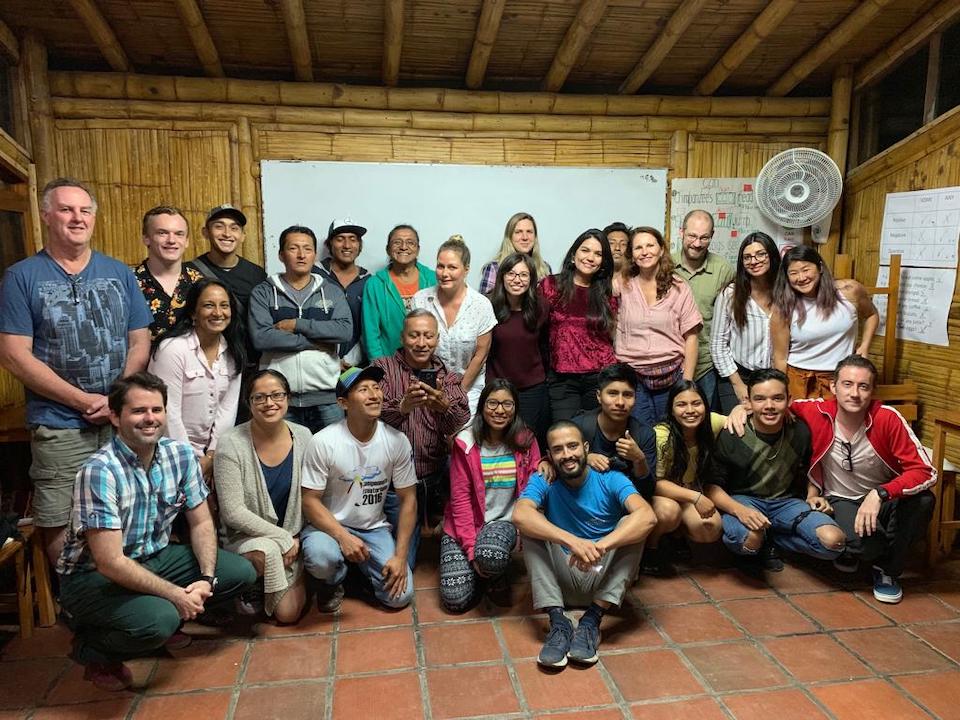
At times, I really questioned whether I was going to get through it. Spending four to five hours of lesson planning was not unusual given the amount of detail that was required. Knowing that every time you taught you were being assessed by your tutor at the back of the room piled on even more pressure. From the beginning, the non-native English speaking teachers had said the native speakers were at an advantage over them. Regardless of experience or teaching ability, preference would typically be given to native speakers when applying for teaching positions. I soon realised that while this bias may be true, the flip side is that as native speakers our technical understanding of the English language is often much lower. Non-native teachers really have the edge here.
The first time I had been introduced to the Phonemic chart was while completing the pre-course work a few weeks before. I had no idea what a phonemic chart was. I had never considered that our five vowels (six including Y) make 20 vowel sounds in British English, though surprisingly only 14 in American English. I had never heard of a diphthong or a monophthong and zero understanding of how these facts would be crucial in my ability to teach English, not least when the native language of your students is highly phonetic based on 5-6 distinct sounds, not 20.
Despite feeling overwhelmed by the magnitude of trying to develop a greater technical understanding of English, I emerged at the end of five weeks in awe of my own language. I had learnt so much and could now fully comprehend how it was possible to teach English to students whose own language I did not share.
This new knowledge also helped me to understand the differences between British English and Kiwi English. Yes – there is such a thing! Bryan has often been at the receiving end of much relentless ribbing about the pronunciation of certain words with his mild Kiwi accent. The favourite one is the lack of differentiation in the words bear, beer and bare. To my ear, they are all said as “bear” when spoken by a Kiwi. This has resulted in any mention of a having or going for a beer being accompanied by a growling sound. At least one of us finds this amusing (I’ll give you a clue…it’s not Bryan!). When he met me in Ecuador at the end of the course, I was excited to share my new insight into vowel sounds and the differences with Kiwi-ish. It didn’t take long for him to roll his eyes, give a deep sigh and lament what lay ahead living with this new English teacher.
Perceived abuses of English language had been a source of entertainment throughout the CELTA course amongst my fellow student teachers, with many comparisons between the American, Canadian, Australian and British representatives. We all got a little stir crazy at times, and our shared evening dinner conversations got a little lively but were often incredibly funny. Top marks of the entire course for bringing their homeland English to the masses went to Aussie Dave who will go down in CELTA history for inadvertently teaching the expression “wishy-washy” to a class of giggling intermediate students. Nothing else seemed to stick in their heads as much as this one expression and I am sure it is still being used by them to this day. Fair dinkum Davo!
I don’t yet know when or how I will develop my teaching experience. It is enough right now to know that opportunities will come along and now I have a skill with the potential of adding real value. I do now have what I refer to as my “back pocket skill”. Given our intention to travel and sail around South East Asia for the next couple of years, I am sure there will be opportunities that arise to use this skill. Even better if I can use it in some community-based project or related in some way to my other key area of interest, sustainability.
Follow and like us to be notified of future blogs!



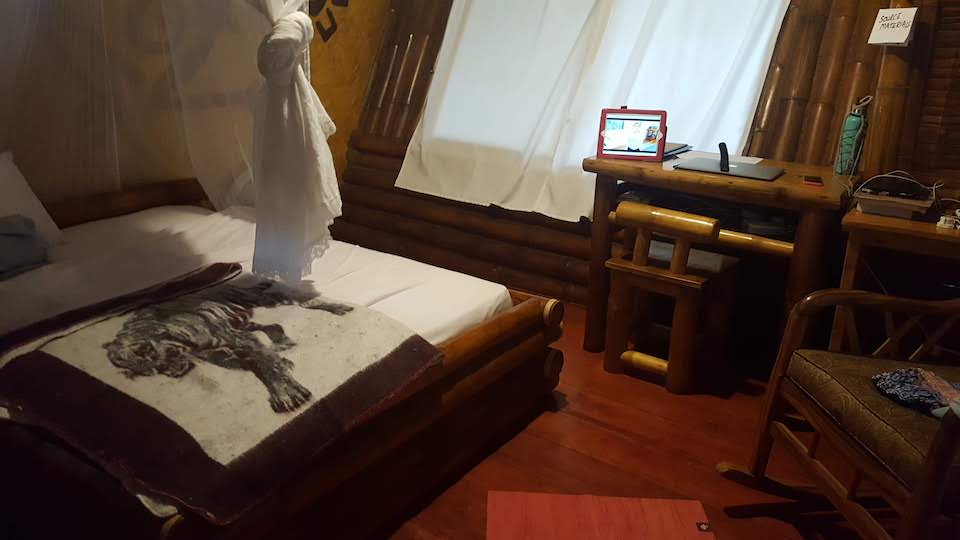
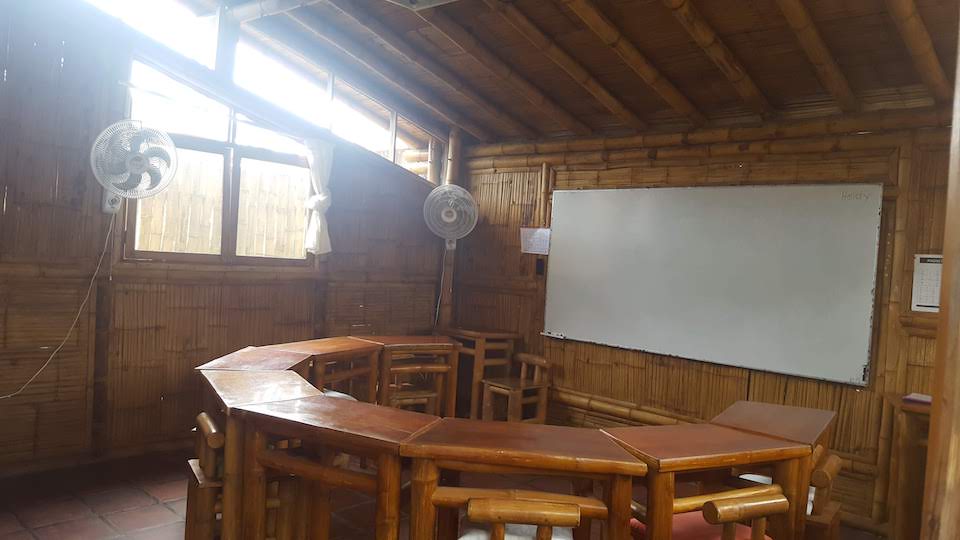
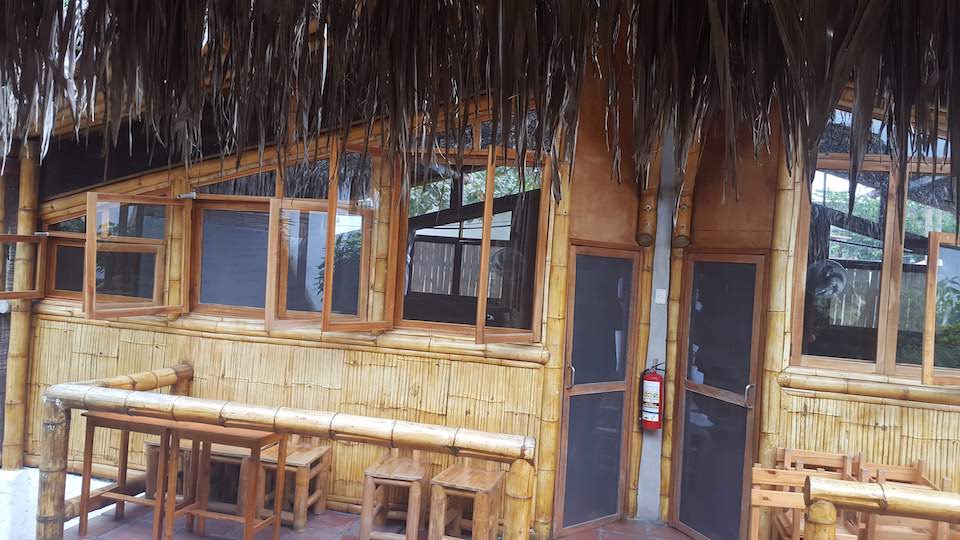



3 Comments
Dave Petty
Love the ‘growling beer’ example, I can just imagine.
Jacquie
Love the blog, wonderful insights – keep sharing. What a wonderful life you have chosen , looking forward to following you on your journey – Jacquie
Helen
Thanks Jacquie. Glad you are enjoying the blog. We enjoy sharing as our adventure unfolds!